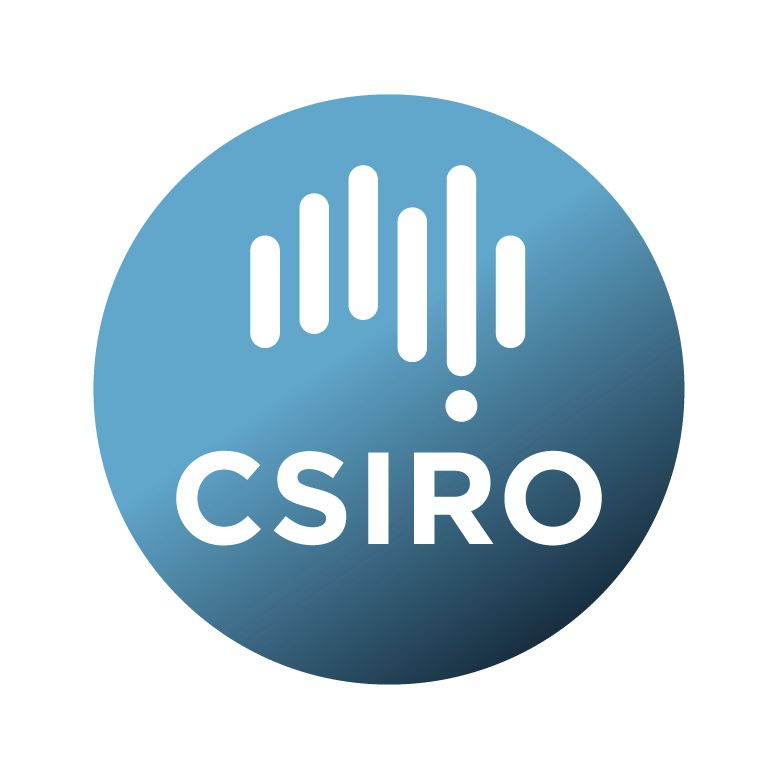Brief description
ASKAPsoft, the ASKAP Science Data Processor, provides data processing functionality, including:* Calibration
* Spectral line imaging
* Continuum imaging
* Source detection and generation of source catalogs
* Transient detection
ASKAPsoft is developed as a part of the CSIRO Australian Square Kilometre Array Pathfinder (ASKAP) Science Data Processor component. ASKAPsoft is a key component in the ASKAP system. It is the primary software for storing and processing raw data, and initiating the archiving of resulting science data products into the data archive (CASDA).
The processing pipelines within ASKAPsoft are largely written in C++ built on top of casacore and other third party libraries. The software is designed to be parallelised, where possible, for performance.
ASKAPsoft is designed to be built and executed in a standard Unix/Linux environment and core dependencies must be fulfilled by the platform. These include, but are not limited to, a C/C++/Fortran compiler, Make, Python 2.7, Java 7 and MPI. More specific dependencies are downloaded by the ASKAPsoft build system and are installed within the ASKAPsoft development tree. Specific to the Debian platform, after a standard installation of Debian Wheezy (7.x) the following packages will need to be installed with apt-get:
* g++
* gfortran
* openjdk-7-jdk
* python-dev
* flex
* bison
* openmpi-bin
* libopenmpi-dev
* libfreetype6-dev
* libpng12-dev
More information regarding the building, installation and running of the software can be found in the README file in the root of the file structure that forms this collection.
Source code can be accessed via the links in Related Materials section.
-----
This patch release sees a few bug-fixes to the pipeline scripts:
* The ntasks-per-node parameter for the continuum subtraction could
still be more than ntasks for certain parameter settings.
* When using a subset of the spectral channels, the new imager jobs
were not configured properly, with some elements trying to use the
full number of channels.
* Mosaicking of the image-based-continuum-subtracted cubes was not
waiting for the completion of the continuum subtraction jobs, so
would invariably fail to run correctly.
* The image-based continuum-subtraction jobs are now run from
separate directories, so that ipython logs can not conflict.
* The spectral source-finding job had an error in the image name in
the parset.
* Mosaicking of the continuum-cubes now creates separate weights
cubes for each type of image product.
* Continuum imaging with the new imager has been improved, fixing
inconsistencies in the names of images.
* The PNG thumbnails were not being propagated to the CASDA
directory.
The noise map produced by Selavy is now included in the set of
artefacts converted to FITS and sent to CASDA.
Additionally, the ability to impose a position shift to the model used
in self-calibration has been added, with the aim of supporting
on-going commissioning work.
Available: 2017-08-13
Data time period: 2017-05-05 to ..
Subjects
ASKAP |
Astronomical Sciences |
Astronomical Sciences Not Elsewhere Classified |
Physical Sciences |
data reduction |
pipeline |
radio astronomy |
science data processor |
software |
User Contributed Tags
Login to tag this record with meaningful keywords to make it easier to discover
Identifiers
- DOI : 10.4225/08/599041B81999E

- Handle : 102.100.100/57504

- URL : data.csiro.au/collection/csiro:24192



